doTERRA, an American essential oil company, has attracted many supporters with its promises of natural healing and a healthier lifestyle. However, a closer look at the company reveals several concerning aspects that warrant further scrutiny. In this article, we will specifically focus on the potential dangers and ethical concerns associated with doTERRA oils.
- The Questionable "Certified Pure Therapeutic Grade" Label
doTERRA claims to provide Certified Pure Therapeutic Grade (CPTG) essential oils. However, the CPTG certification is not recognized by any independent or government body. Instead, it's a trademark registered by doTERRA themselves. This self-regulation creates a potential conflict of interest, as the company is responsible for both producing and regulating the quality of its own products.
- Inconsistent Product Quality
The essential oil industry is riddled with inconsistencies, and doTERRA is no exception. Some independent lab tests have discovered the presence of synthetic chemicals and impurities in doTERRA oils labeled as "pure" and "natural." Such findings raise questions about the overall reliability and purity of doTERRA's products, potentially putting consumers at risk.
- The Multi-Level Marketing Business Model
doTERRA operates under a multi-level marketing (MLM) business model, which has been criticized for its predatory nature. MLMs often rely on recruitment and high-pressure sales tactics to generate income, and many participants end up losing money or alienating friends and family members. This business model raises ethical concerns about doTERRA's practices and priorities.
- Overstated Health Benefits and Medical Claims
doTERRA has faced criticism for making exaggerated and potentially misleading health claims about its essential oils. While some essential oils have demonstrated therapeutic properties, many of doTERRA's claims go beyond the scope of scientific evidence, presenting an inaccurate picture of the oils' capabilities. This can lead consumers to use the oils inappropriately or rely on them as a substitute for professional medical care.
- Lack of Transparency and Accountability
Despite the concerns raised about doTERRA's products and business practices, the company remains largely unaccountable due to its self-regulation and lack of third-party oversight. This lack of transparency makes it difficult for consumers to make informed decisions and raises questions about the company's commitment to ethical practices.
Conclusion
While doTERRA has successfully built a loyal following, it's essential to critically examine the company's practices and products. The questionable CPTG label, inconsistencies in product quality, predatory MLM business model, overstated health claims, and lack of transparency all contribute to a concerning picture of the company. Consumers should be aware of these issues and weigh them carefully when considering doTERRA oils.



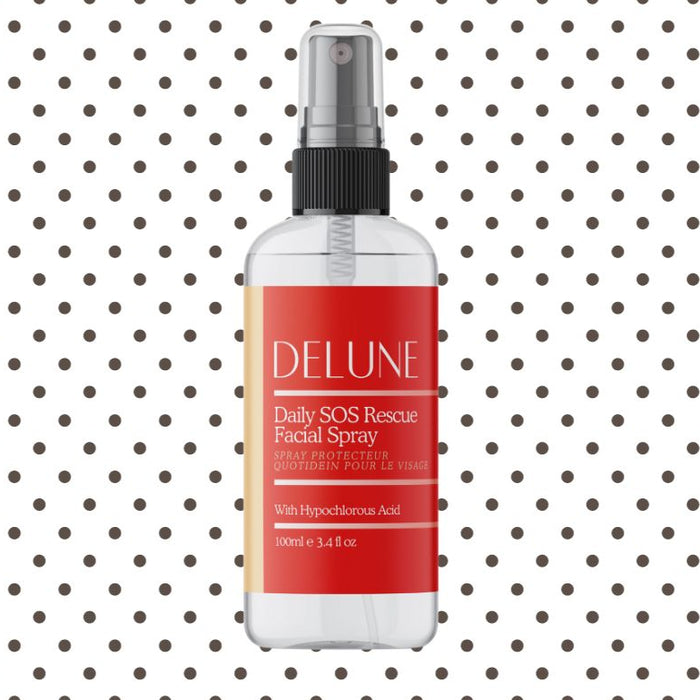

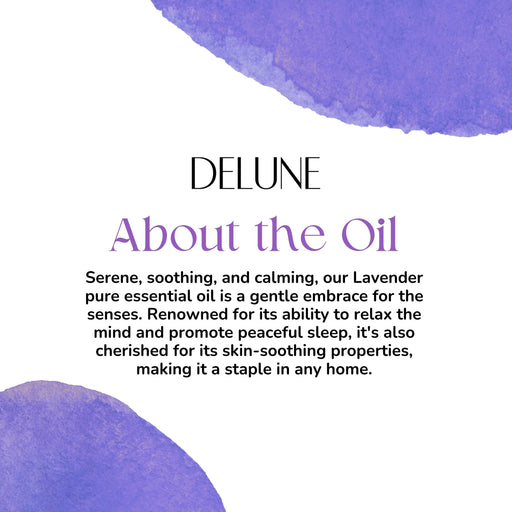
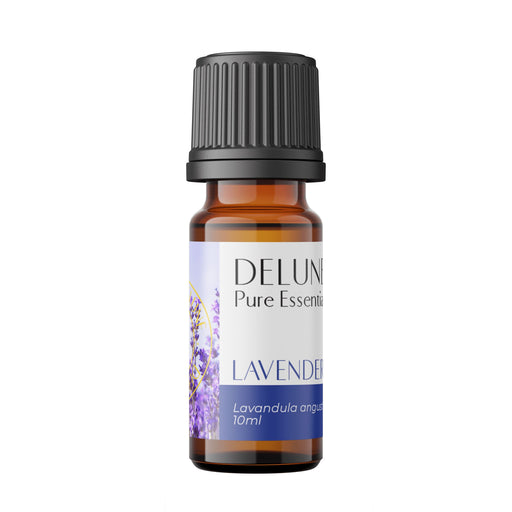

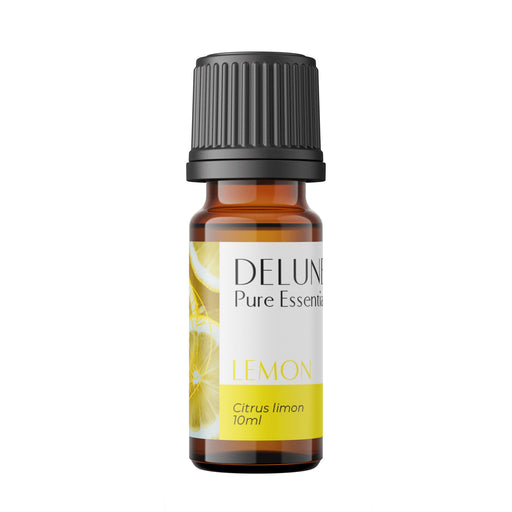
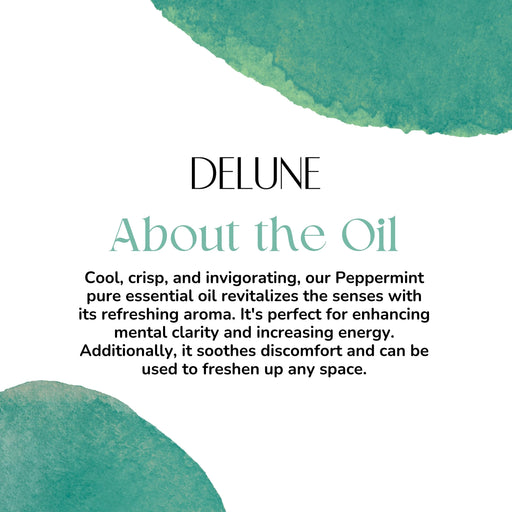
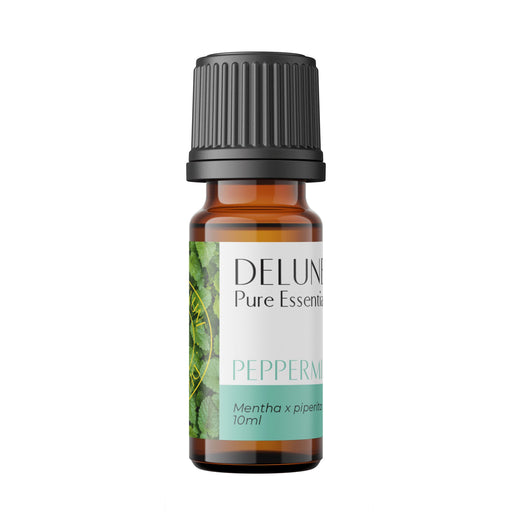
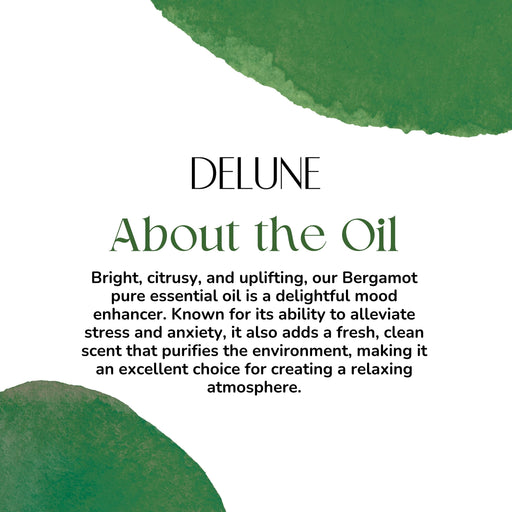
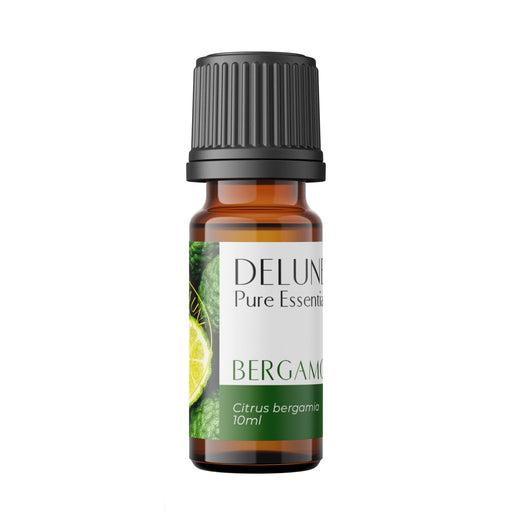

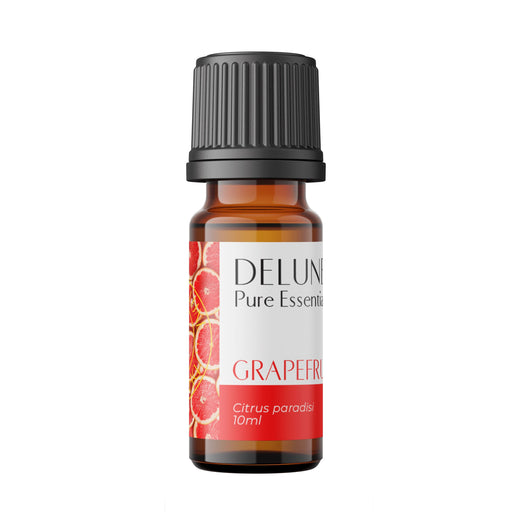
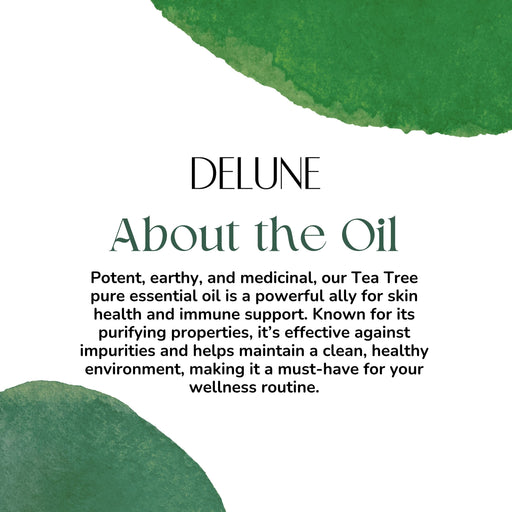
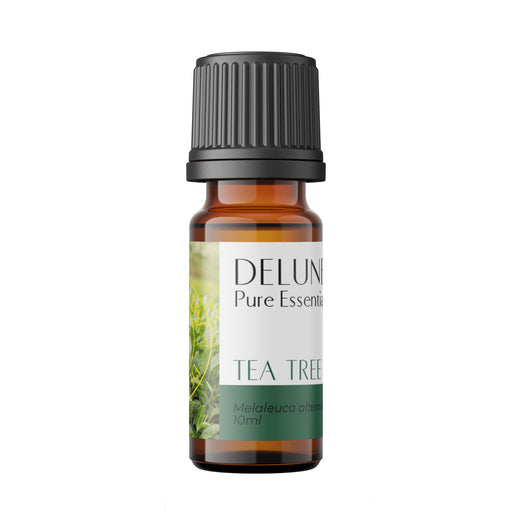

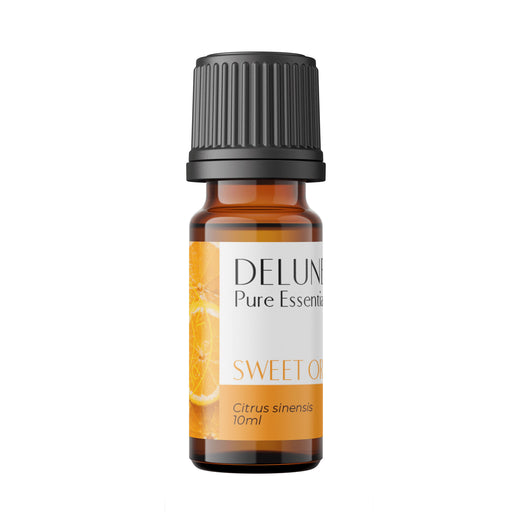
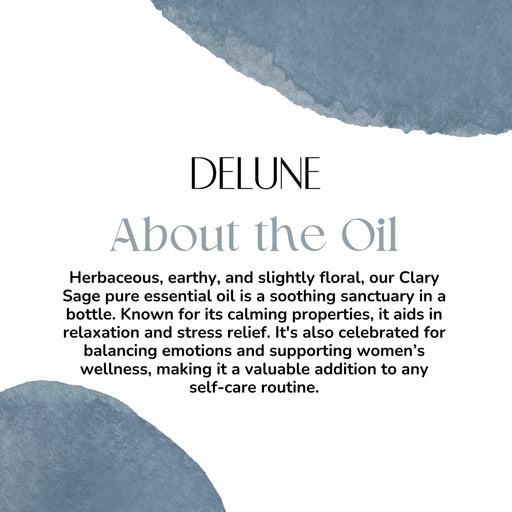
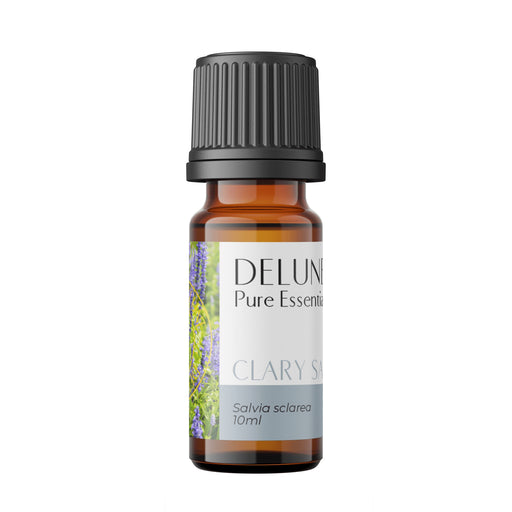
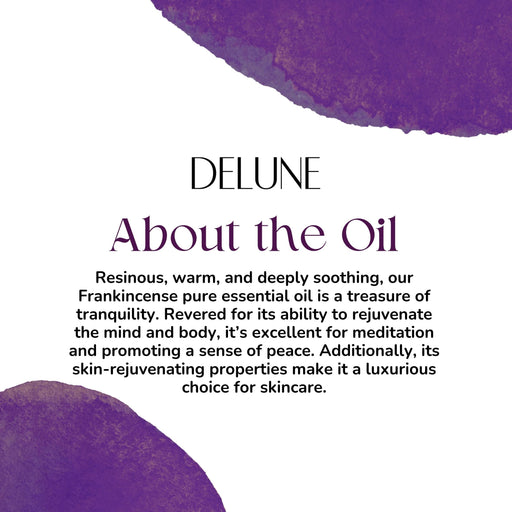
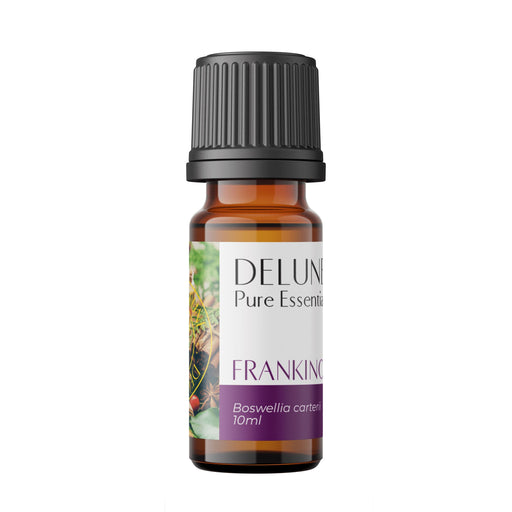
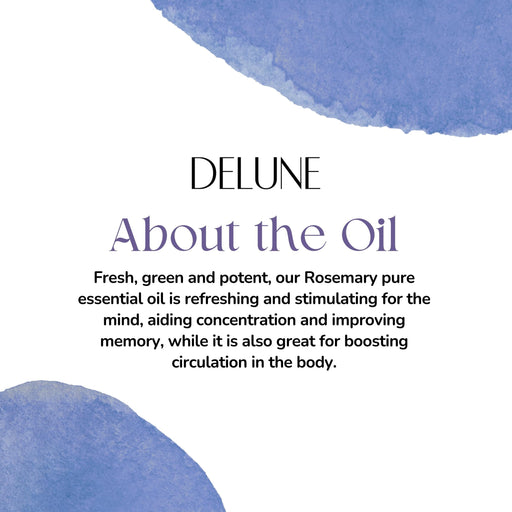
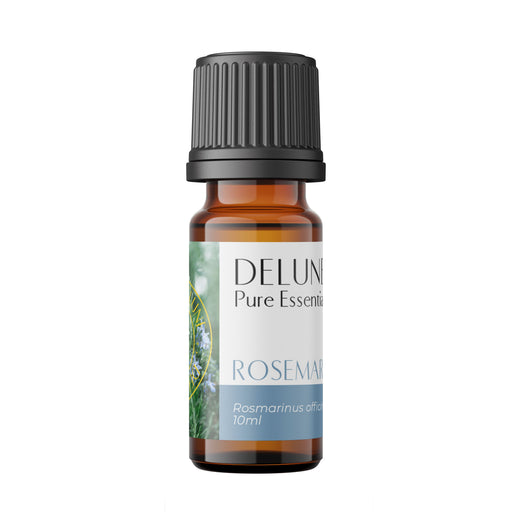
Leave a comment